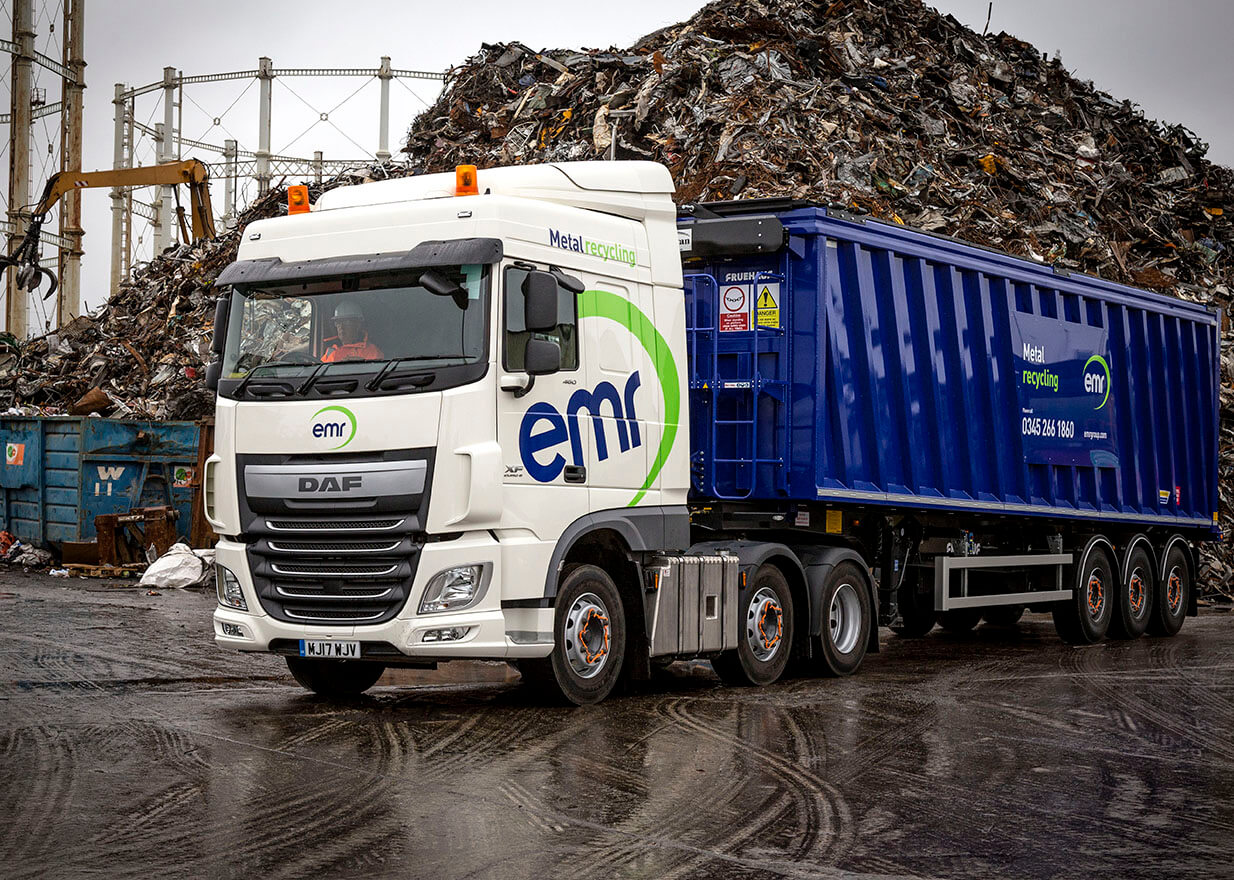CHOOSE
A DIFFERENT TERRITORY

A ground-breaking project to recycle the rare-earth magnets found in loudspeakers has been completed by EMR and its partners HyProMag and the University of Birmingham.
The innovative project entitled Rare-Earth Extraction from Audio Products (REAP) has highlighted how advanced processes and technology can be used to create new sustainable and low carbon impact feedstock for the UK supply chain, recycling material which would otherwise be lost to landfill.
EMR has a long track record of re-investing its profits back into research and development projects, as well as new technology. REAP is one of several recent collaborative partnerships between EMR, manufacturers and academia.
Although the research focused on the powerful rare-earth magnets found in audio devices, the findings will assist in improving recycling processes for many other products including electronic sensors and electric window motors found in current end-of-life vehicles and in future in the drive motors of electric vehicles.
The UK has no domestic source of the critical element neodymium, which are used to make rare earth magnets found in wind turbines, mobile phones and many other electronic products.
Alexander Thompson, Innovation Project Manager at EMR, said:
“Having successfully completed the REAP project, EMR and its partners have established how we can create an innovative supply chain for recycled rare-earth magnets. These materials are key components in a diverse range of modern technology and it’s vital that they do not simply end up in landfill when products reach end of life.”
During the project, EMR assessed loudspeakers found in both end-of-life vehicles (ELVs) and flat screen TV (FSTS) scrap, encompassing extraction and characterisation of components as well as a degree of pre-processing.
HyProMag and University of Birmingham, meanwhile, provided analysis of the extracted magnets, with a particular focus on determining the overall recyclability and market potential of these materials. Following the success of speaker magnet liberation within the project, HyProMag have assessed that focus should also be placed on the rare-earth magnets in hybrid and electric vehicles where quantities of rare-earth magnets are becoming substantially higher.